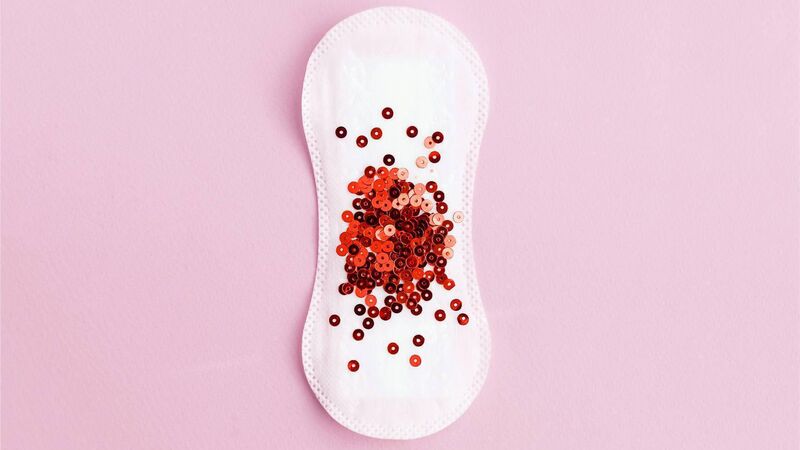Period of change: supporting autistic girls and girls with Down syndrome through puberty

Fiona Ferris says, as adults, we can forget menstruation and all the routines around it need to be explicitly taught - in ways that suit everyone
When special education primary teacher, Ciara Heneghan, asked parents of nine to 13-year-old girls with Down syndrome if they’d spoken with their daughters about periods, 50% had not.
And when the Roscommon-based teacher asked the 20 parents if their child knew what body changes to expect as they entered puberty, 70% said no.








